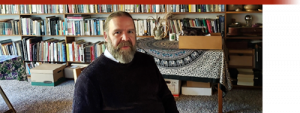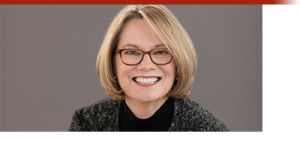Subscribe: Spotify | RSS | More
- Episode Transcript
- JRS Currents 036: Melanie Mitchell on Why AI is Hard
- Complexity: A Guided Tour, by Melanie Mitchell
- Artificial Intelligence: A Guide for Thinking Humans, by Melanie Mitchell
- AI: A Guide for Thinking Humans (Substack)
- “Did ChatGPT Really Pass Graduate-Level Exams?” (Part 1), by Melanie Mitchell
- Currents 087: Shivanshu Purohit on Open-Source Generative AI
- Holistic Evaluation of Language Models (HELM) – Stanford
- “The Debate Over Understanding in AI’s Large Language Models,” by Melanie Mitchell and David Krakauer
Melanie Mitchell is Professor of Computer Science at Portland State University, and External Professor and Co-Chair of the Science Board at the Santa Fe Institute. Mitchell has also held faculty or professional positions at the University of Michigan, Los Alamos National Laboratory, and the OGI School of Science and Engineering. She is the author or editor of seven books and numerous scholarly papers in the fields of artificial intelligence, cognitive science, and complex systems, including her latest, Artificial Intelligence: A Guide for Thinking Humans.



